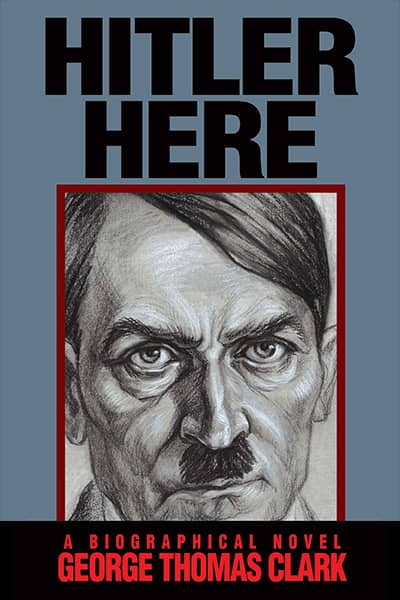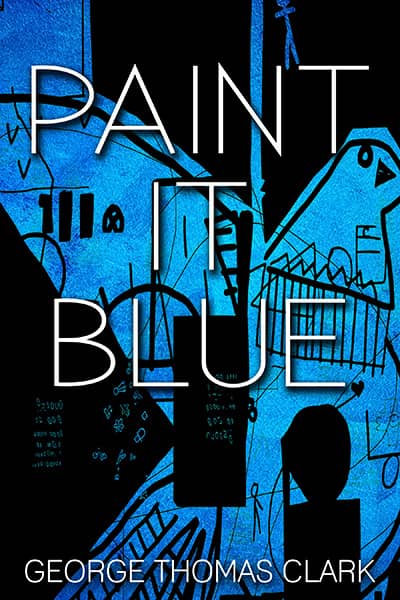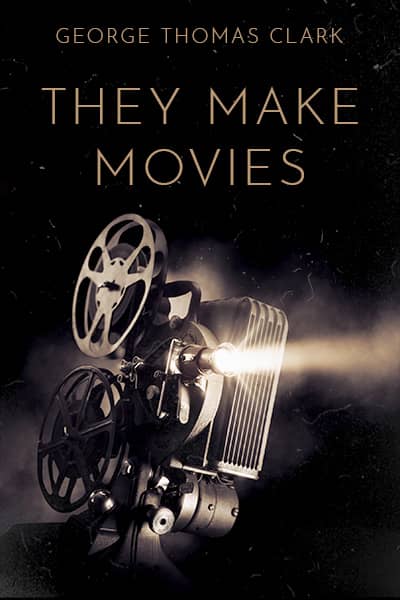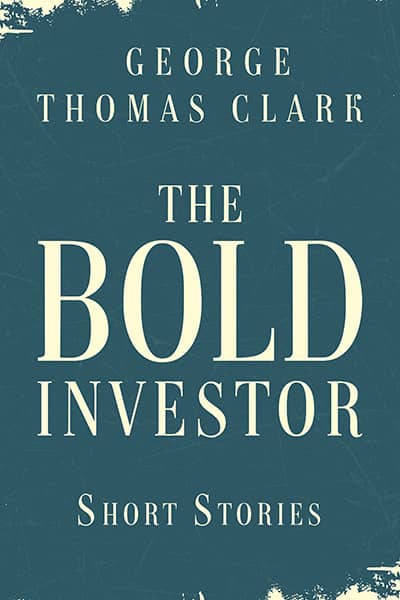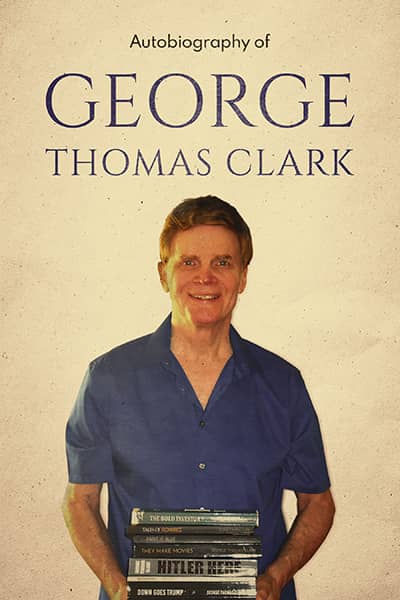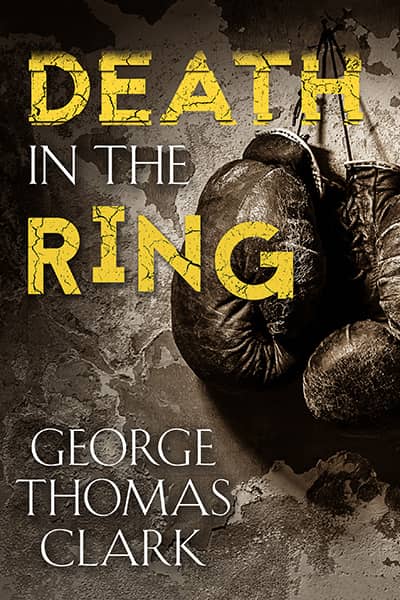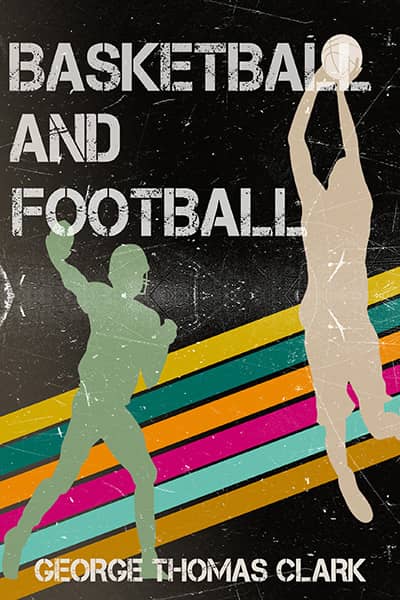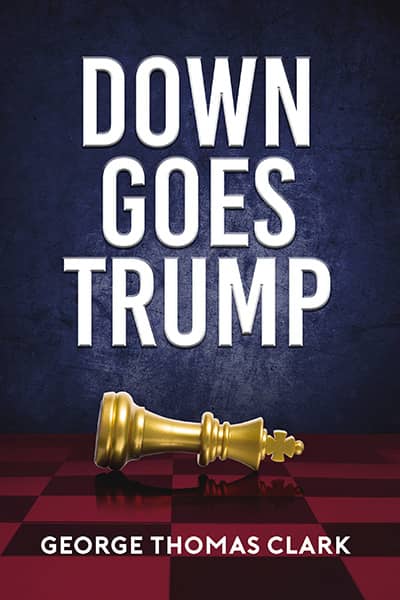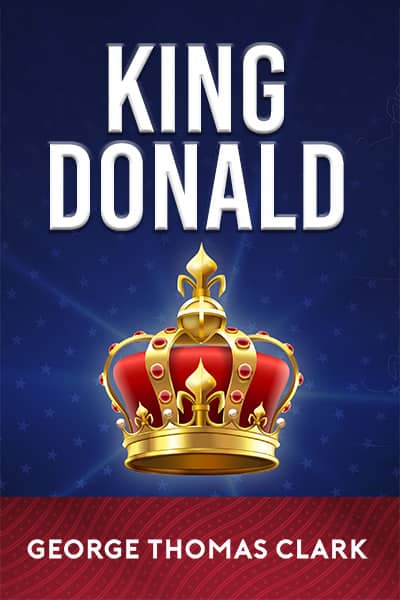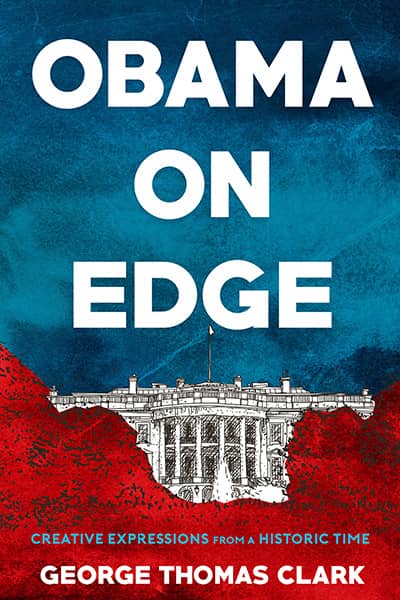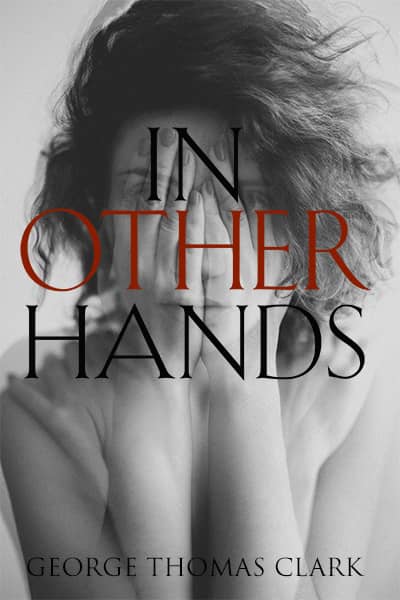Eldridge Cleaver has Changed
December 9, 2014
There were confrontational people in the crowd and they hurled invectives at a speaker created for confrontation. A young curly-haired fellow, smirking, waved a sign that projected insulting remarks about the man on the platform, and he shouted, “You’re in the FBI.”
“First of all, you can take that sign and shove it,” said the speaker. “And you should know I’m not in the FBI, because if I was, I’d bust you.”
Eldridge Cleaver had responded with typical fervor. He seems to have spent most of his life defying someone or something. He defied the old Eldridge Cleaver and recanted his former passionate belief in the goodwill of international communism. He defied Russia and China for creating massive instruments of repression. He defied America’s youth to renounce negativism and embrace family and authority and brotherhood for the betterment of this country’s democratic ideals. He defied anyone who doubted his born gain belief in Christ. And he defied the October 1982 audience at Sacramento State University to disagree with him.
A dozen hecklers, accepting the gauntlet, punctuated Cleaver’s speech with accusations such as “traitor…fascist…spy…CIA agent.”
After several rounds of this, Cleaver sighed and said, “You know, I’ve been reading a lot about so many people getting low test scores. Anyone who would carry on this type of running ignorant commentary is probably having trouble with those test scores. The majority here want to listen. If you don’t, split.”
Cleaver proceeded with a philosophical profusion: “There is a national and international crisis involving forces that want to destroy the United States. We offer the world’s only alternative to communism. There’s no country as free and democratic as America, so we need to close ranks around it to protect it. Even though our government has backed some dictatorial regimes, the United States is still a beacon of liberty compared to the rest of the world.”
“What about South Africa?” bellowed an opponent.
“I extend my hand to the oppressed people of South Africa,” Cleaver said. “The United States should quit supporting the apartheid regime and isolate it. I’m not for compromising one iota of anyone’s freedom.
“Down with the international communist movement. We need an uncompromising position against totalitarian governments. Their excuse of having backward economies is no excuse. The only solution is worldwide democratic institutions.”
Several students shouted they were slaves, and mustachioed Eldridge replied, “To those blacks here today who say they’re slaves, with the powers vested in me, I hereby set you free.”
So spoke Eldridge Cleaver to a thousand or so who sat and stood around the grassy knoll curving in front of the library. His outlook, in many ways, had changed diametrically since the dynamite days of the sixties when he was the only man in the Top Ten on both the FBI’s Most Wanted list and the best seller charts. In prison he had recently written Soul on Ice, an eloquent and impassioned and sometimes outrageous statement of his manhood and blackness and his criminality and moral growth and lust for freedom. And he was the Black Panther Party’s minister of information, its most influential spokesman.
Cleaver at the podium in the sixties shouted and gesticulated about the need for black liberation and white awareness and often warned that violence and a “second Civil War” might follow if his goals weren’t realized. Despite a formidable vocabulary, his favorite words often contained four letters, and he showed scant desire for cooperation. Now he refers to “love” as often as he used to shout “pig,” but he retains a reformer’s zeal. His oratorical style remains loud and ranting, albeit a mature and articulate rant, as he thrusts his index fingers forward, in dialectical challenges, as he talks. Then he’ll shoot both hands out, and back and forth, making his points. His black leather jacket has been exchanged for a coat and tie and he traded the Panthers’ emblematic cartridge shell for an American flag he wears on his lapel. He’s a married father of two, age forty-seven, and his hair is thinning and tinged with gray.
Eldridge Cleaver still stands ready for combat, though. That’s probably why he wore tennis shoes. He needed mobility, having been targeted for abuse at the podium four times since his ideological transformation. A few cream pies were hurled his way, one finding his jaw, and at UC Berkeley an ardent adversary charged on stage swinging red, white and blue tennis shoes and screaming something about Malcolm X and Ho Chi Minh. The ruffian then pushed some officials aside and grabbed a glass of water and threw it in Cleaver’s face and Eldridge, his pugilistic skills having been honed in the hole, where he spent a decade for serial rape, subdued him with a left hook.
No matter what the subject, the speeches and conversations of Eldridge Cleaver imply toughness. After his Sac State presentation a white male student asked, “Why shouldn’t you be considered an Uncle Tom?”
Cleaver adjusted his spectacles and asked, “Why shouldn’t I tap dance on your chest?”
The consciousness of Eldridge Cleaver was formed in an environment of deprivation and violence, and he’s inordinately sensitive about some disturbing trends in American life. But his awareness is also a fixation. Average citizens don’t consider themselves to be living on the precipice of oblivion conjured by Cleaver. Most are more concerned about the pragmatic needs of everyday life than elements of distress around them. Cleaver doesn’t want anyone to be content.
“America is a sitting duck, a sitting turkey, if you will,” he said during the speech. “Our borders are open to anyone and we are living in fear. Our cities are rotting and there is an epidemic of hatred and violence. Neighbors and families are killing each other. Our youth are filled with cynicism. Many people are growing up in this country who haven’t been touched by moral or ethical codes, or even good manners. We don’t have a political or economic breakdown in this country. We have a moral and ethnical breakdown.
“People should be proud to be Americans. I’m proud to be standing here in the American tradition of free speech. We ought to sing ‘The Star Spangled Banner’ and ‘God Bless America’ more often. We need more involvement. We need to build a positive attitude toward the stability of our institutions.”
Eldridge Cleaver developed affection for America after observing the institutions of other countries. His opportunity for enlightenment through travel did not spring from happy circumstances. In 1968, two years after his release from prison, Cleaver and several Black Panthers had a gun battle with some Oakland Police officers. Each side accused the other of instigation. Bobby Hutton, a Panther, was killed. Cleaver was wounded, and returned to jail for two months and then released pending trial for assault on a police officer and assault with intent to kill. The California Adult Authority planned to revoke his parole. Cleaver crept into exile.
“I lived in Algeria for four years, and spent a lot of time in Russia, Cuba, East Germany, and Czechoslovakia. In Cuba I found an elite that was vicious and oppressive. In Algeria I saw people who were tantamount to indentured servants. I began to see that democracy is the best form of government.
“I realized that when I’d broken the law (in the U.S.), I’d blamed my behavior on the social context. But when a person rationalizes his behavior, and denies responsibility, he also denies his individuality. Now I think the police departments in this country stack up very well when compared to those around the world. In a wholesome United States we need to respect our police. No one should get away with violating the law.”
Many will continue to accuse him of dipping his words in syrup as a payoff to the establishment for letting him out of jail only six months after he returned from the promised-lands-rejected. That view is incorrect. It should be clear to anyone – friend or foe – that Eldridge Cleaver believes every phrase he utters and he believes with fervor that attracts and energizes. The man has grown and a new audience is listening.
Editorial notes: Cleaver was certainly one of the most fascinating people I’ve met and, at least in 1982, a man who appeared to have a reservoir of emotional strength. As a conservative Republican in 1984 he campaigned unsuccessfully to become a Berkeley City Councilman and in 1986 lost in the Republican primary for the U.S. Senate. Thereafter, he returned to a destructive lifestyle, in retrospect unsurprising given his turbulent history, and was arrested for burglary and use of crack cocaine. His marriage to Kathleen Cleaver, also a civil rights activist, ended in 1987 after twenty years. Cleaver later underwent drug rehabilitation but was twice more arrested for possession, in 1992 and 1994. There were published reports he’d suffered a stroke and was weakening from diabetes and prostate cancer. His family declared his health problems were confidential. A very public man thus passed in private in 1998. He was sixty-two.
